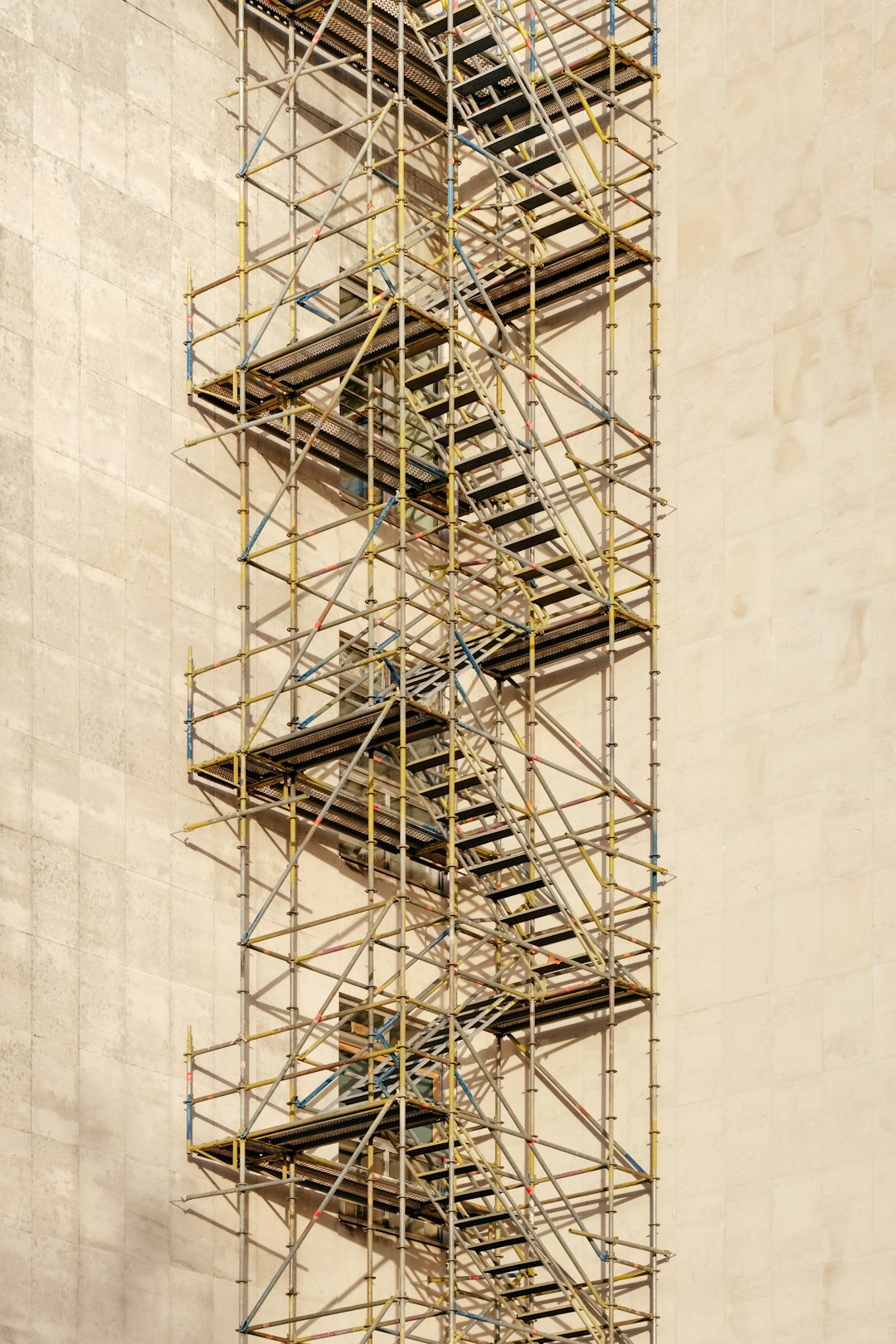Scaffolder Kaihanga Rangitupu
Scaffolders design, construct and remove scaffolding around buildings and other structures such as bridges.
Scaffolders may do some or all of the following:
- talk with clients and discuss their needs and requirements
- calculate loadings and design a suitable scaffold structure for each situation
- check worksites for hazards
- order and co-ordinate transport of scaffolding components
- load and unload scaffolding from trucks, using forklifts
- erect scaffold structures
- regularly inspect scaffolding for safety and make alterations and repairs as needed
- check and maintain scaffolding equipment
- lead teams of scaffolders, labourers and trainees.
Physical Requirements
Scaffolders need to be:
- fit and strong, as they have to carry scaffolding parts that can weigh over 20 kilograms
- agile, with good balance and hand-eye co-ordination, for working on the scaffolding
- comfortable working at heights.
Useful Experience
Useful experience for scaffolders includes:
- building or other construction work
- jobs involving physical labour
- working as part of a team.
Personal Qualities
Scaffolders need to be:
- safety-conscious, careful and responsible
- practical and accurate, with an eye for detail
- good problem-solvers
- able to follow instructions
- able to work well in a team, with leadership potential
- good at communicating
- organised.
Skills
Scaffolders need to have knowledge of:
- how to calculate loads and forces
- how to erect and disassemble scaffolding
- how to use and care for scaffolding equipment
- building regulations
- workplace and construction site safety regulations
- how to identify potential hazards
- how to interpret building plans and diagrams
- how to drive forklifts and trucks.
Conditions
Scaffolders:
- usually work 40-hour weeks, but may work longer hours, and at weekends
- work on buildings, at concert and sports venues, and on boats, bridges and oil rigs
- work outside at heights, sometimes in dangerous conditions
- travel locally to sites, and may travel further for some large jobs.
Subject Recommendations
No specific secondary education is required for this job, but construction and mechanical technologies, maths and English to at least NCEA Level 2 are useful.
Year 11 and 12 learners can find out more about the construction industry and gain relevant skills by doing a National Certificate in Building, Construction and Allied Trades (Levels 1 and 2) through the BConstructive programme.
For Year 11 to 13 learners, trades academies and the STAR and Gateway programmes are good ways to gain relevant experience and skills.
These programmes may help you gain an apprenticeship, but do not reduce the amount of time it takes to complete it.
Related Courses
Scaffolders can earn around $24-$37 per hour.
Chances of getting a job as a Scaffolder are good due to a shortage of people interested in this type of work.
Pay for scaffolders varies depending on experience, qualifications and location, and how many hours they work.
- Scaffolders in training can expect to earn from minimum wage to $24 an hour.
- Qualified scaffolders usually earn $24 to $34 an hour.
- Advanced scaffolders usually earn $27 to $37 an hour and can earn more than $41 an hour.
- Scaffolders working in management can earn an annual salary from $65,000 to $150,000 a year.
Most employers also pay overtime and an extra rate for scaffolders with a trucking licence.
Source: Scaffolding, Access and Rigging Association of New Zealand (SARNZ), 'Wage Survey, National Averages', 2022.
Scaffolders may progress to set up their own scaffolding business or move into scaffolding team leader or management roles, or construction management roles.
Scaffolders with a New Zealand Certificate in Scaffolding (Level 5) can move into civil engineering work.
Years Of Training
3-5 years of training usually required.To become a scaffolder you need to start as a trainee under the supervision of a qualified scaffolder and gain a New Zealand Certificate in Scaffolding. New Zealand Certificates in scaffolding are available at Levels 3, 4 and 5.
You can complete an apprenticeship to gain these qualifications. Vertical Horizonz and Te Pūkenga oversee scaffolder training and apprenticeships.
A driver's licence is also useful.

 Te Aroha College
Te Aroha College